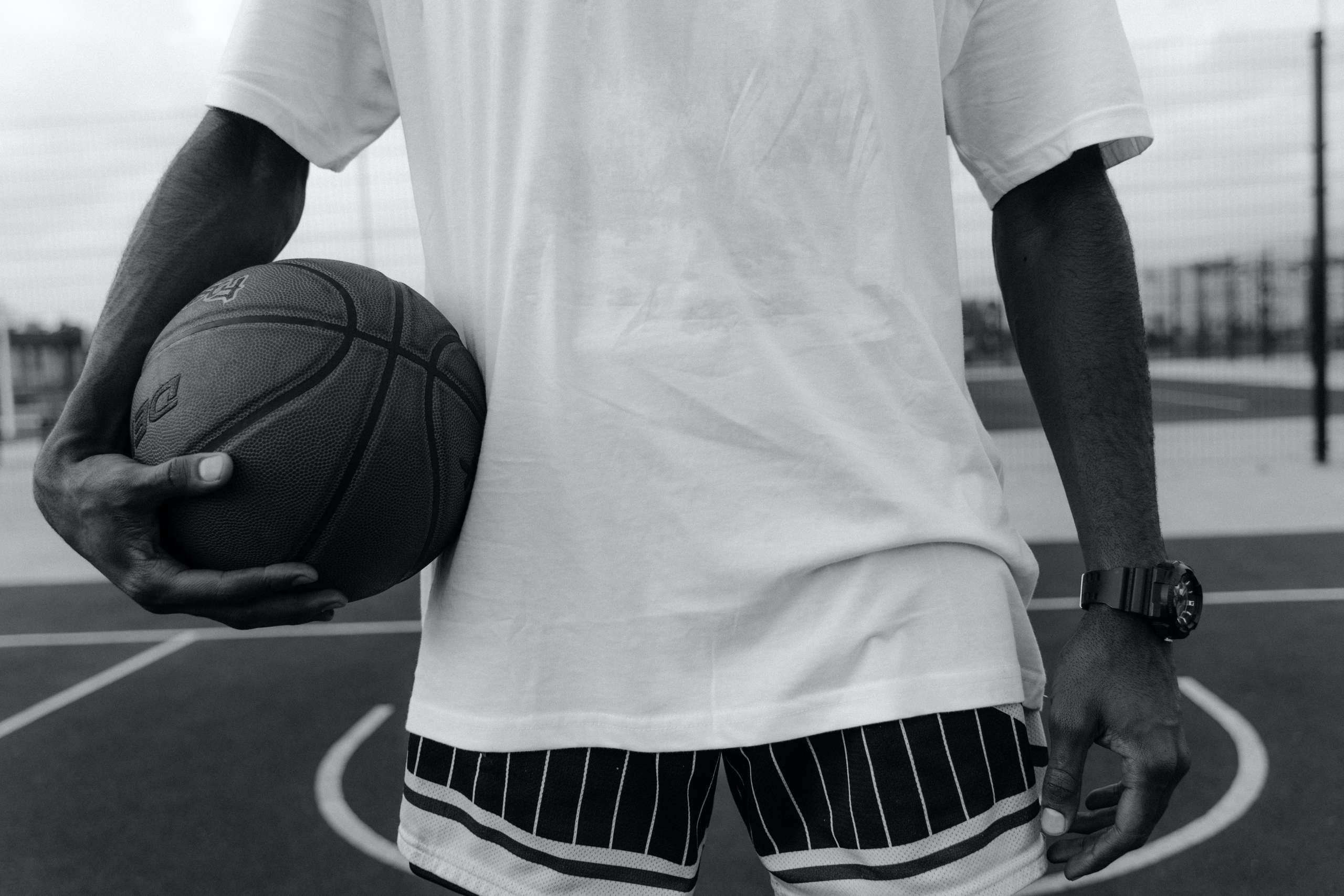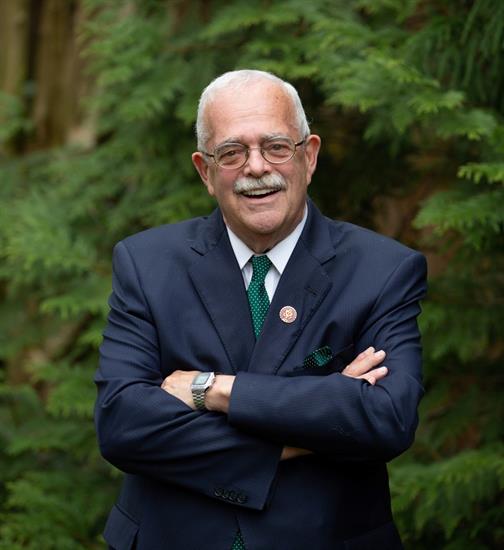The Right to Kneel
The Bluefield College Men’s Basketball team was forced to forfeit a game after its players were suspended for kneeling during the national anthem. Bluefield College President, David Olive, said that players continued to kneel during the national anthem after he asked them to stop, leading him to suspend all players involved.
Olive stated, “The basis for my decision stemmed from my own awareness of how kneeling is perceived by some in our country, and I did not think a number of our alumni, friends, and donors of the College would view the act of kneeling during the anthem in a positive way.”
To hear that the president of your school is still condemning players for exercising their right to a peaceful protest has to be utterly disheartening for all athletes at Bluefield. Given the events leading up to our nation’s racial reckoning this past summer, one might be forgiven for assuming that those in positions of influence (particularly within the athletic sphere) might exhibit a heightened understanding of the importance behind the right of athletes to protest in seeking to raise awareness and foster change. Unfortunately, the incident at Bluefield College underscores (yet again) the reality that white people, particularly those in authority positions, know nothing about the realities people of color face on a daily basis. President Olive’s display of sheer cowardice and an utter lack of empathy represents another horrid example of what happens when the fear of negative public perception overrides the calls for justice by the Black athletes he should be proud to champion.
Jewels Gray, a football player for Bluefield College, took to Twitter to stand in solidarity with players who knelt during the anthem: “Today I stood up for what I believe in, and I peacefully protested social injustice during my football practice. Colored inequality has occurred on my college campus and within my community against student-athletes recently, and that’s wrong.”
When an American citizen feels as if they are being treated unjustly because of the color of their skin, they have a right to peacefully protest; a right enshrined within the U.S. Constitution. Too often are our shared virtues of “free speech” touted the loudest by those who are quickest to condemn the rights of others to exercise them when that speech goes against the grain of their own viewpoints. As the President of a higher-learning institution, it should be Olive’s obligation to empower student-athletes to use their voice to make positive change, not oppress them by a suspension. The way members of the outside public perceive a peaceful demonstration in defense of Black lives, is their problem, and theirs alone.



